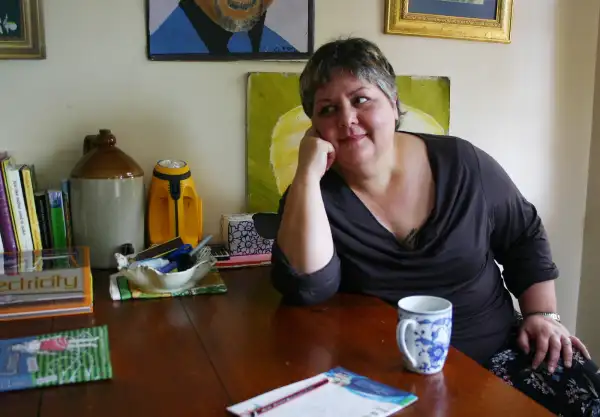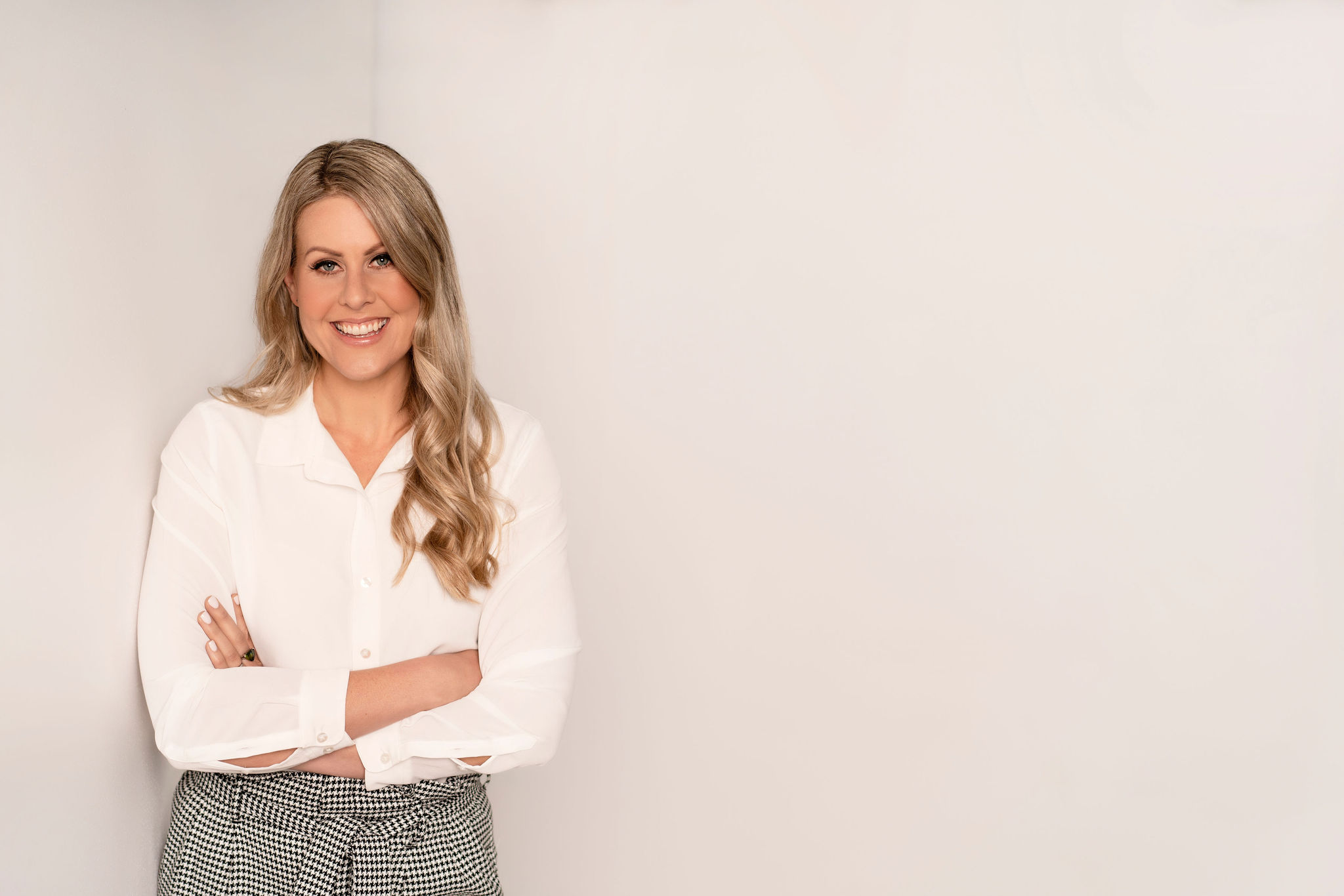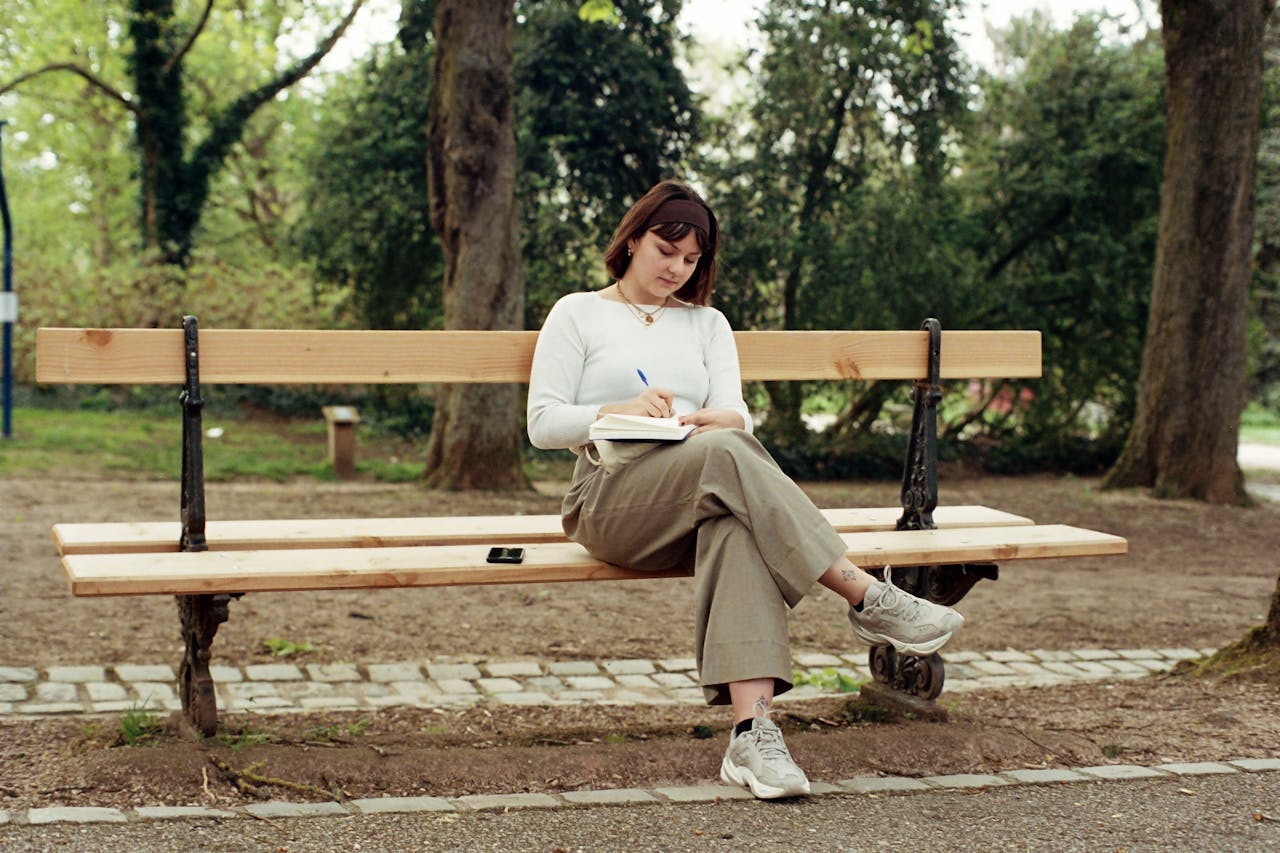Helen Brain is the award-winning author of over 60 books for children, an adult memoir and many short stories. She has tutored the hugely popular Basics of Creative Writing Course as well as the Write a Children’s Book Course at the Writers College since 2007. Find out how she works as a writer.
What got you into writing stories, and how has it impacted your career as a writer?
I’ve had a love-hate relationship with writing since childhood. I love thinking of stories, but I hate writing them down. Somehow, I keep going, although every now and then I think, ‘I’m done with this. I’m giving up. Why do I put myself through this agony?’ But seven years ago, I was diagnosed with ADD and got Ritalin, which made life a bit easier.
What I have found interesting is how much pleasure I get from seeing my students succeed, particularly in the Write a Children’s Book Course. I’ve had students who have placed in and even won major competitions, and I’m always thrilled. I never expected to find teaching so satisfying, but it really is.
How do you create characters and storylines?
Sometimes they just turn up in my head spontaneously, especially if I’m telling a story to a particular child. Those are the best stories, as I have to keep that child engaged. The moment it gets boring, they let me know. The challenge is to keep the story moving and the child hanging on every word.
Other times, particularly for longer works, I plan the characters and storylines in great detail. I’m a huge believer in having a solid structure for a story. I’ve devised a 12-point plan (using ideas from K. M. Weiland’s excellent book Structuring Your Novel). It really works; it allows me to chart the reveals and character developments in the right places before I start writing.
I think of it like making an armature for a sculpture. Without the solid core, the sculpture might fall apart. Once I’ve got the armature sturdy and in proportion, I build up the story around it, and it all hangs together properly, making the rewriting much less onerous.
Do you think a lot about where your stories happen? How do you make the places in your stories feel real?
The setting is very important In the YA trilogy I’m reworking at the moment. I had to rethink what Cape Town would be like if sea levels rose 83 metres and divided the city into three small islands off the coast of Africa. I had to work out the geography of what would survive, what would become beachfront and which suburbs would be under water.
Even in a story where the setting isn’t as important, I always draw a map of all the important places that feature in the story. I tend to do too much research about vegetation, climate, temperatures, rock formations – wherever my ADD brain takes me.
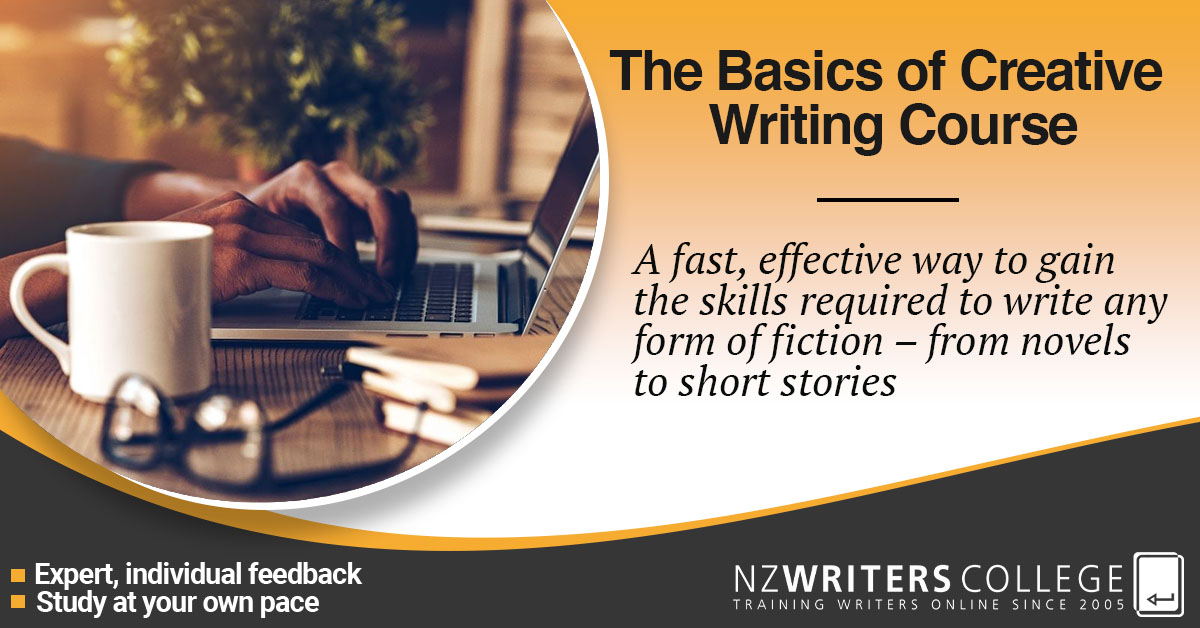
Lots of people get stuck when they’re trying to write. Has that happened to you? If it has, what do you do to get unstuck?
I have ADD, so I’m full of ideas for things to write about, but I really battle to get them down on paper. I will do anything to avoid writing. I’ve learned that the best way is to ask myself, ‘What can I manage today?’ Is it one scene? No. Then is it the planning for the scene? Is it just opening up the file on my PC, reading through the last thing I wrote and maybe writing the next three lines?
The trick is to set myself the smallest possible task that I can achieve without resistance. Invariably, once I’ve got going and completed that tiny task, I want to carry on. Getting started is what throws me. So I need to make the start as easy as possible.
What’s it like working with the editors and publishers who help get your books out there?
A good editor is like gold. I’ve been really lucky to work with some brilliant editors who have helped shape my books and taught me an enormous amount. I learned the most from my agent, who kicked my ass hard and forced me to up my game technically so I could compete in an international market. It was painful at the time, but it was the best thing to happen to my writing. I’ve had very supportive publishers, too.
What kinds of themes do you like to write about in your books?
For younger children, I tend to write about characters who have horrible siblings, or who feel odd, can’t seem to speak the same emotional or social language as other kids or are unable to do what adults want them to do.
My YA trilogy is based on climate change, a post-apocalyptic world and how we can reshape society to live more equitably.
If you had some advice for people who want to write books, what would it be?
Just get the first draft down on paper or screen. It doesn’t matter if it’s total junk. Everybody’s first drafts are rubbish. The real work starts in the rewrites, where you begin to shape and develop the text. As long as your story is all in your head, it’s going nowhere. Get it down.
Why should people do a writing course if they want to write fiction?
When I started writing, there weren’t any courses near me, and books on writing technique were few and far between. The internet didn’t exist yet. I was forced to teach myself by analysing good writers and trying to work out how to make what was on the page resemble what was in my head.
I know what it’s like to read the first fifty pages of your novel, realise that they’re really bad and have no idea how to fix them. Advice from someone who can guide you through the rewrites and help you get them closer to the image in your head is invaluable.
What are you planning to write next?
I’m completing the rewrite of my Elevation trilogy for my US publisher, which will be finished mid-year. My agent has sold the film rights, so here’s hoping they start production on it.
The next thing I’m going to write is fun stuff for my grandchildren. I’ve moved to a flat recently, and there’s a flock of crows living in a tree outside the building. I’m fascinated by them – they’re total skabengas (hooligans) but packed full of personality. If I could have my life again, I’d like to come back as a crow.
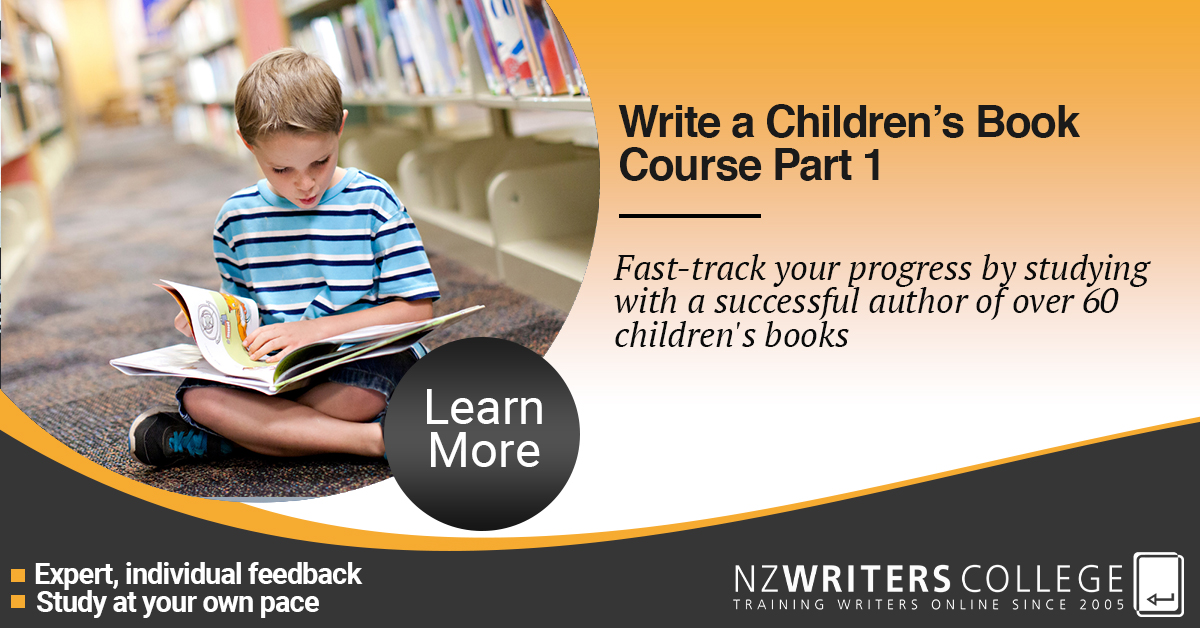
Just for fun, if your life was a book, what genre do you think it would be?
Can I say horror? (LOL.) I think it would be a Bildungsroman – a coming-of-age story. Except it’s taken me an incredibly long time to come of age because I’m such a slow learner.

